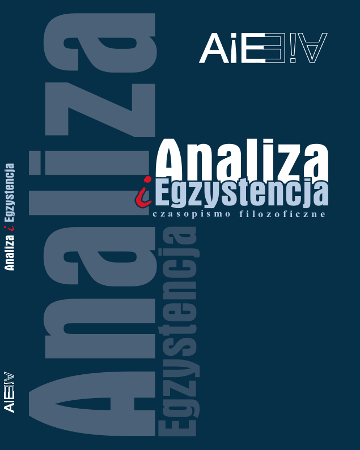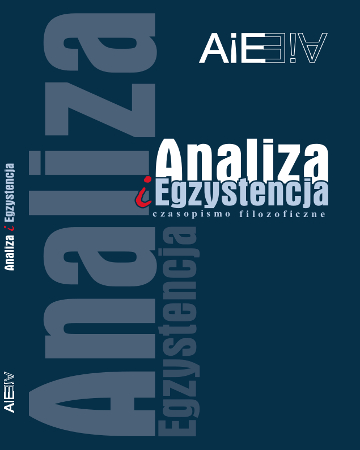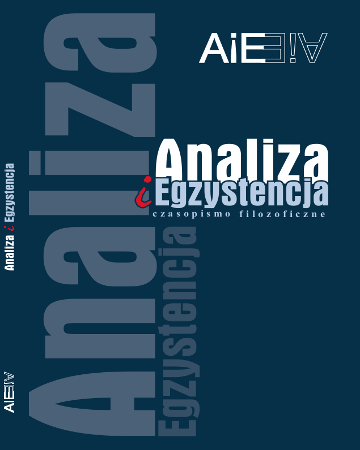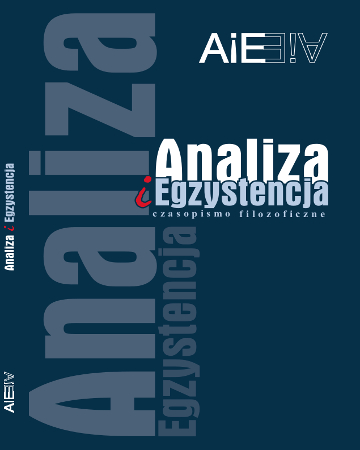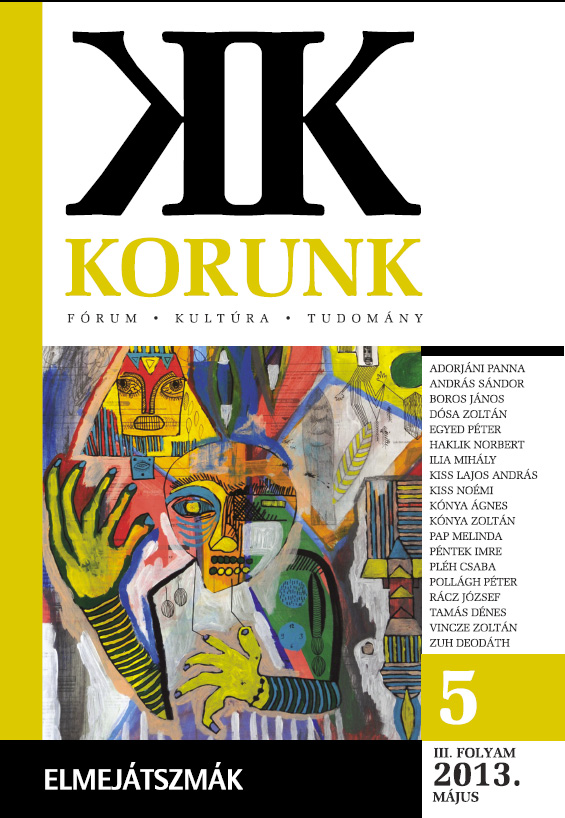
Tudom-e, hogy mi a tudat?
The original title of the essay consists of a play on words which is impossible to translate into English, built on the meanings of the Hungarian word for consciousness, i.e. “tudat”. Within his contribution, the author employs various etymological speculations, close readings of classical texts and original arguments in the original investigation of human consciousness. His dialogue partners are classic and contemporary authors, such as Daniel C. Dennett, Owen Flanagan, Sigmund Freud, William James, Bertrand Russell, and others. The author’s original reflections on their arguments effectively assume the form of a freestyle philosophical journal, almost written in a stream-of-consciousness style, which simultaneously exemplifies the intimate workings of human consciousness, also addressed at the theoretical level.
More...
